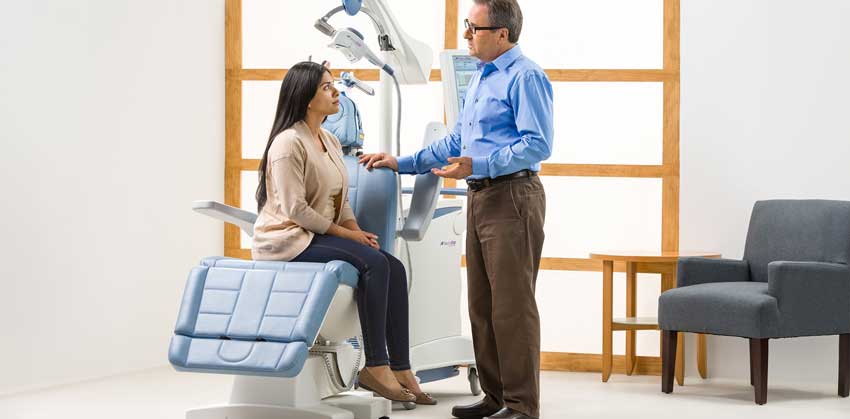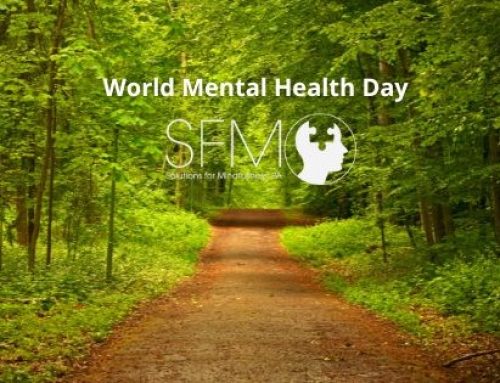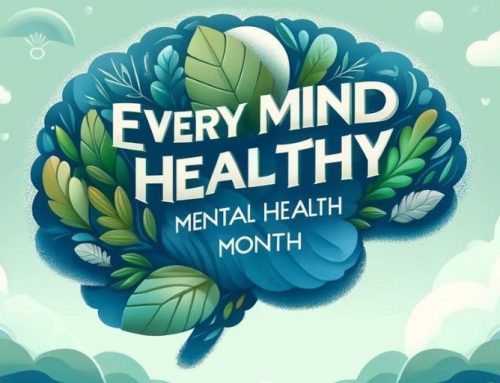What is Depression
Depression is a common mental health disorder characterized by persistent sadness, feelings of hopelessness, loss of interest in activities, and other symptoms such as changes in appetite and sleep patterns, fatigue, and difficulty concentrating. Depression can have a significant impact on a person’s ability to function, including their work, school, and personal life. Depression can occur in people of any age or gender and can range from mild to severe.
Why is it difficult to treat it
Treating depression can be challenging for several reasons. Firstly, depression is a complex disorder that can have multiple causes and may require a personalized approach to treatment. What works for one person may not work for another.
Secondly, many people with depression do not seek treatment or may not respond to traditional treatments such as medication and therapy.
Thirdly, traditional treatments for depression, such as antidepressant medications, can have side effects and may not be effective for everyone.
Finally, even when traditional treatments are effective, they can take weeks or even months to work, which can be frustrating and discouraging for people who are seeking relief from their symptoms. These challenges highlight the need for alternative treatment options for depression, such as NeuroStar TMS.
NeuroStar TMS as a treatment option
NeuroStar TMS is a non-invasive, non-medication treatment option for depression that has been approved by the U.S. Food and Drug Administration (FDA). TMS stands for transcranial magnetic stimulation, which is a type of therapy that uses magnetic fields to stimulate nerve cells in the brain. The goal of NeuroStar TMS is to target the prefrontal cortex, the area of the brain that is believed to be involved in mood regulation, in order to alleviate symptoms of depression.
Unlike medication treatments for depression, NeuroStar TMS has no systemic side effects and does not require daily dosing. The treatment involves a series of outpatient sessions that typically last around 20-30 minutes each. Patients are awake and alert during the procedure and can resume their normal activities immediately afterward.
NeuroStar TMS has been shown to be a safe and effective treatment option for people with depression who have not responded to traditional treatments such as medication and therapy. It is important to speak with a healthcare provider to determine if NeuroStar TMS is a suitable treatment option for an individual’s specific symptoms and needs.
How NeuroStar TMS works for depression
NeuroStar TMS works by using a magnetic field to stimulate nerve cells in the prefrontal cortex, the area of the brain that is believed to be involved in mood regulation. During the procedure, an electromagnetic coil is placed on the patient’s scalp and a magnetic pulse is delivered to the targeted area of the brain. This magnetic pulse induces a small electrical current in the nerve cells, which can help to regulate the activity of the brain cells and improve mood.
Compared to other depression treatments, such as medication and therapy, NeuroStar TMS has several advantages. It is a non-invasive treatment that does not require daily medication or therapy appointments. Additionally, it has no systemic side effects, such as weight gain or sexual dysfunction, which are commonly associated with antidepressant medications.
Highlights
NeuroStar TMS is a non-medication treatment option
It has no systemic side effects.
It is a safe and effective treatment option for people with depression who have not responded to traditional treatments such as medication and therapy.
Studies have shown that NeuroStar TMS can significantly reduce symptoms of depression, improve quality of life, and increase functionality.
NeuroStar TMS and depression
NeuroStar TMS has been shown to be an effective treatment option for people with major depressive disorder (MDD). MDD is a type of depression that is characterized by persistent feelings of sadness, loss of interest in activities, changes in appetite and sleep patterns, and other symptoms that significantly impact a person’s ability to function. People with MDD who have not responded to traditional treatments such as medication and therapy may be suitable candidates for NeuroStar TMS.
NeuroStar TMS has been approved by the U.S. Food and Drug Administration (FDA) for the treatment of major depressive disorder (MDD) in adults who have not responded to at least one antidepressant medication. The FDA approval was based on clinical studies that demonstrated the safety and effectiveness of NeuroStar TMS for the treatment of depression.
The frequency and duration of NeuroStar TMS therapy can vary depending on the individual’s symptoms and needs. Typically, patients receive 5 sessions per week for 4-6 weeks, with each session lasting around 20-30 minutes. Some patients may require additional sessions, and some may benefit from maintenance sessions after the initial treatment course is completed. It is important to work with a healthcare provider to determine the optimal frequency and duration of NeuroStar TMS therapy for an individual’s specific needs.
TMS and the prefrontal cortex
The prefrontal cortex is an area of the brain that plays a crucial role in regulating mood and emotions. NeuroStar TMS targets this area of the brain to improve mood and alleviate symptoms of depression. Studies have shown that TMS can improve cognitive function in people with depression by increasing activity in the prefrontal cortex.
FAQs
Can TMS replace antidepressants?
While NeuroStar TMS can be a standalone treatment for depression, it is not intended to replace antidepressant medication. TMS is a non-medication treatment option that may be used as an alternative or in conjunction with medication, depending on the individual’s specific needs.
Is TMS better than antidepressants?
It is difficult to compare the effectiveness of NeuroStar TMS to antidepressant medication because each person’s response to treatment can vary. However, studies have shown that NeuroStar TMS can be an effective treatment option for people with depression who have not responded to antidepressant medication. In a randomized controlled trial, nearly 1 in 2 patients responded to NeuroStar TMS, compared to 1 in 3 patients who responded to medication. Additionally, NeuroStar TMS has been shown to have fewer side effects compared to antidepressant medication.
It is important to note that the effectiveness of any depression treatment, including NeuroStar TMS and antidepressant medication, can vary depending on individual factors such as the severity and duration of symptoms, as well as any underlying medical conditions. You will need to work with a healthcare provider to determine the best treatment approach for an individual’s specific needs.
Does depression come back after TMS?
While NeuroStar TMS has been shown to be effective in treating depression, there is a possibility that symptoms may return after treatment. Some patients may require maintenance sessions to prevent symptoms from returning, and others may require additional treatment if symptoms do return. It is important to work with a healthcare provider to develop a long-term treatment plan that addresses an individual’s specific needs and minimizes the risk of symptoms returning.
How successful is TMS therapy?
Studies have shown that NeuroStar TMS has a success rate of around 50% for people with major depressive disorder who have not responded to traditional treatments such as medication and therapy. Success rates can vary depending on individual factors such as the severity and duration of symptoms, as well as any underlying medical conditions. Work with a healthcare provider to determine if NeuroStar TMS is an appropriate treatment option and what success rate may be expected for an individual’s specific needs.
What are the signs that TMS is working?
Some people may notice an improvement in their mood and a reduction in symptoms like sadness, anxiety, and irritability after a few weeks of treatment. Other signs that TMS is working may include improved sleep, increased energy, and a greater sense of well-being
Does TMS help with negative thoughts?
Negative thoughts are a common symptom of depression. NeuroStar TMS can be an effective treatment option for people with depression who experience negative thoughts. TMS can help to alleviate symptoms of depression by increasing activity in the prefrontal cortex, which is responsible for regulating mood and emotions. This can lead to improvements in negative thinking patterns, and an overall improvement in mood.
In Conclusion
NeuroStar TMS is a safe and effective treatment option for people with depression who have not responded to traditional treatments such as medication and therapy. It is a non-invasive, non-medication treatment that has been shown to have fewer side effects compared to antidepressant medication. TMS targets the prefrontal cortex, an area of the brain responsible for regulating mood and emotions, to alleviate symptoms of depression.
If you are struggling with depression and have not found relief from traditional treatments, it may be helpful to speak with us about NeuroStar TMS as a treatment option. We can help to determine if NeuroStar TMS is an appropriate treatment option for your specific needs and goals, and can develop a personalized treatment plan to help you achieve optimal outcomes. It is important to remember that there is hope and effective treatments available for depression, and seeking help is the first step towards recovery.









